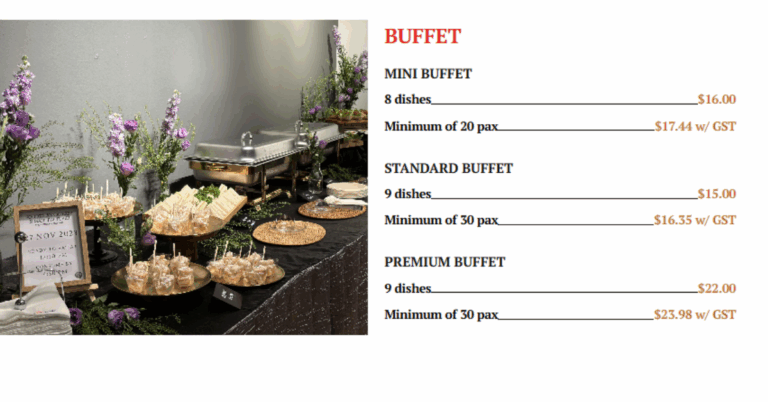The Role of Food in Creating Memories and Nostalgia
Certain foods have a remarkable ability to evoke memories from our past, transporting us back to specific moments in time with remarkable clarity. The link between food and memory is deeply rooted in the way our brains store and retrieve information. When we eat a meal or snack, our brain records not only the taste and texture of the food but also the surrounding circumstances, emotions, and sensations.
This interconnected relationship between food and memory stems from the brain’s limbic system, which is responsible for emotions and memory formation. The olfactory bulb, the part of the brain that processes smell, is closely connected to the amygdala and hippocampus, which play crucial roles in the formation and recollection of memories. As a result, certain aromas and flavors can trigger vivid memories from the past, often linked to significant events or experiences.
The Connection Between Scent and Memory
Scent has a powerful ability to evoke memories from the past. Just a whiff of a particular fragrance can instantly transport us back to a specific moment in time, triggering a flood of emotions and nostalgic recollections. This connection between scent and memory is deeply rooted in the way our brains process information, as our olfactory system is closely linked to the areas of the brain responsible for memory and emotion.
Research has shown that the brain processes scent differently than other sensory stimuli, such as sight and sound. When we smell a familiar scent, it bypasses the thalamus, which serves as the brain’s relay station for sensory information, and goes directly to the olfactory bulb and the brain regions associated with memory and emotion. This direct pathway explains why certain scents can have such a profound impact on our memories, stirring up long-forgotten experiences and feelings with just a hint of fragrance.
The Influence of Culture on Food Nostalgia
Food nostalgia is a powerful force that often derives its strength from cultural influences. In many cultures, specific foods are closely tied to cherished memories and traditions, often serving as the heart of family gatherings and celebrations. The flavors and aromas of these traditional dishes evoke a sense of nostalgia that goes beyond mere taste, reminding individuals of their cultural identity and heritage.
Across different cultures, the connection between food and nostalgia varies, reflecting unique culinary practices and beliefs. In some cultures, certain foods hold deep symbolic meanings, representing prosperity, health, or luck. These cultural associations further enhance the nostalgic value of these foods, creating a sense of emotional attachment and resonance that transcends simple gustatory pleasures.






